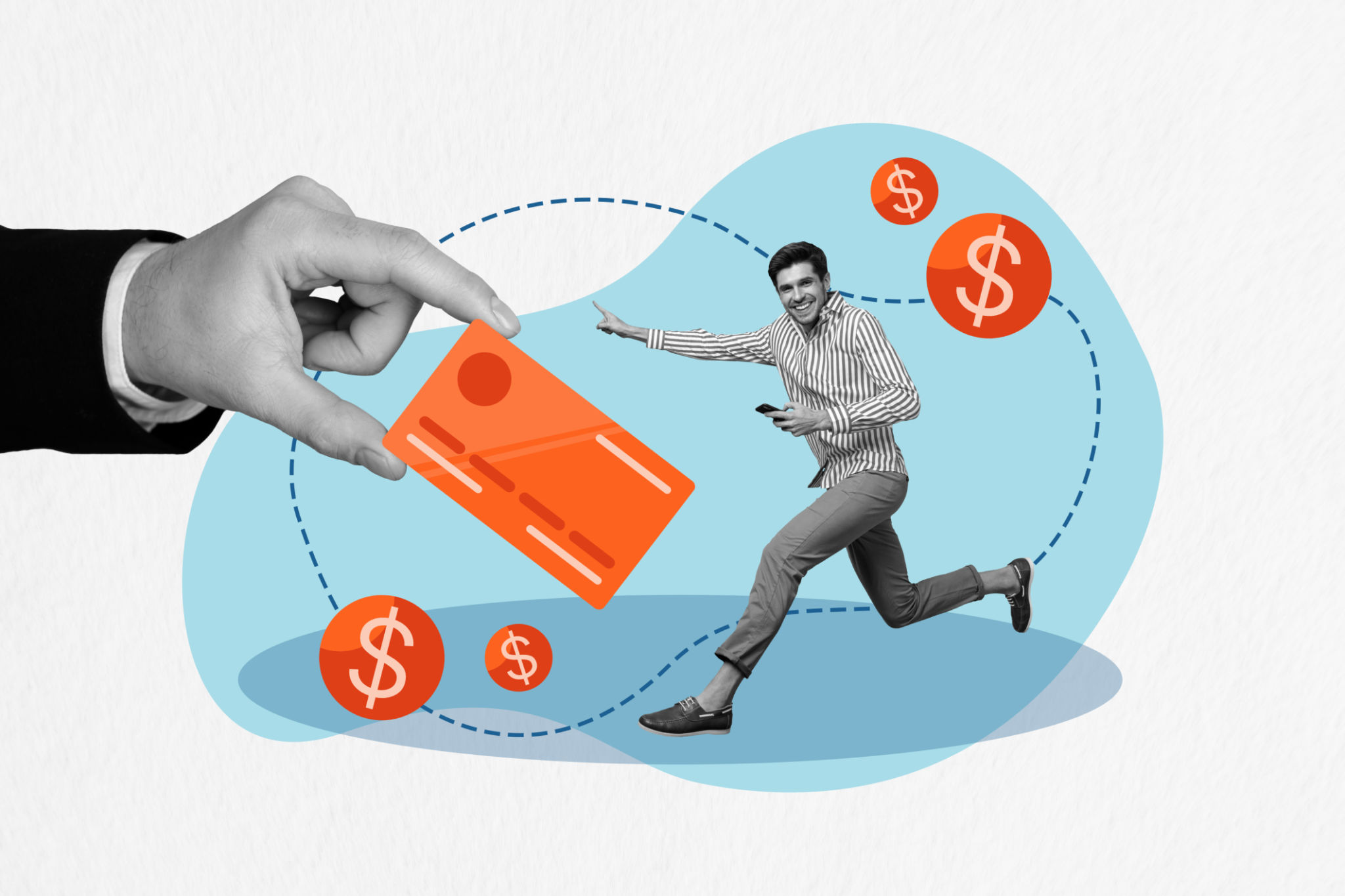Consolidating Credit Card Debt: Your First Step Toward Financial Freedom
If you feel overwhelmed by multiple credit card bills, rising interest rates, and minimum payments that never seem to end, you're not alone. Millions of Americans are in the same position, searching for a way out of the debt trap. One powerful solution is credit card debt consolidation—a strategy that helps you combine all your credit card debts into one manageable monthly payment, often with lower interest and better terms.
Debt consolidation isn’t just a financial tactic—it’s a way to reduce stress, improve your credit profile over time, and take the first confident step toward long-term financial freedom.
What Is Credit Card Debt Consolidation?

Definition and How It Works
Debt consolidation refers to the process of combining multiple credit card debts into a single payment plan. Instead of juggling several accounts and due dates, you make just one monthly payment. This is often done by:
- Transferring balances to a low-interest credit card
- Taking out a consolidation loan
- Enrolling in a debt management plan (a non-loan method)
Common Consolidation Options
There are several popular approaches to credit card consolidation:
- Balance Transfer Credit Cards – These offer 0% APR for a limited time, usually 12–18 months.
- Debt Consolidation Loans – A fixed-term personal loan used to pay off all credit cards.
- Debt Management Plans (DMPs) – Work with a nonprofit credit counseling agency to negotiate lower interest and one monthly payment.
- Home Equity Loans – Risky option using your home as collateral.
Key Benefits of Consolidation

Lower Interest Rates
High-interest rates are what keep people in debt for years. Consolidation can cut interest in half—or eliminate it temporarily—saving you thousands.
One Manageable Monthly Payment
Simplifying your life is a benefit not to be overlooked. Instead of paying five cards at five times, with different amounts and due dates, you pay once—on time, and often for less.
Boosting Your Credit Score
At first, you might see a small dip in your score. But over time, consistent payments, reduced utilization, and fewer missed deadlines usually improve your credit health.
Who Should Consider Debt Consolidation?

Signs It’s Time to Consolidate
You may be a candidate for consolidation if:
- You're only paying the minimum
- Your cards are maxed out
- You feel like you’re not making progress
- You're behind or skipping payments
- Interest is eating your income
When Consolidation Makes Sense (vs. Settlement)
Consolidation is ideal if:
- You still have fair to good credit
- You can make some monthly payment
- You want to protect your credit score
If your finances are severely impacted and you’re behind on most debts, debt settlement or relief might be a better option.
Types of Consolidation Programs Available

Non-Loan Consolidation (Debt Management Plans)
Many people assume debt consolidation means borrowing money. Not true. A debt management plan (DMP) is a structured program that doesn’t involve a new loan. Instead, a certified debt expert negotiates lower rates and better terms with your current creditors.
Loans for People with Bad Credit
If your credit isn’t perfect, you may still qualify for a debt consolidation loan through lenders that specialize in bad credit loans. These loans may have higher interest, but they still streamline your payments.
Trusted Professional Help
Reputable debt relief firms can help you choose the right consolidation path, avoid scams, and give you a personalized solution based on your budget and goals.
Steps to Start Consolidating Today

What You’ll Need
To explore your options, have the following ready:
- A list of all your credit card debts
- Minimum payments and interest rates
- Your total monthly income
- A basic household budget
Free Debt Consultation Process
Many trusted firms offer free debt consultations. During this session, a specialist will:
- Review your debts and income
- Explain which solutions fit best
- Help you understand the pros and cons
- Show how much you can save
What to Expect Next
If you move forward, they’ll:
- Contact your creditors
- Negotiate better terms
- Set up a new, lower monthly payment
- Provide ongoing support
Is Debt Consolidation Right for You?

Questions to Ask Yourself
- Am I struggling with multiple credit cards?
- Can I afford one reduced monthly payment?
- Do I want to avoid bankruptcy or settlement?
- Do I need help organizing my finances?
Pros and Cons
Pros:
- Simpler monthly payments
- Lower interest rates
- No damage to your credit score
- Professional assistance
Cons:
- Some solutions require good credit
- May take time to complete
- Not ideal for extreme hardship cases